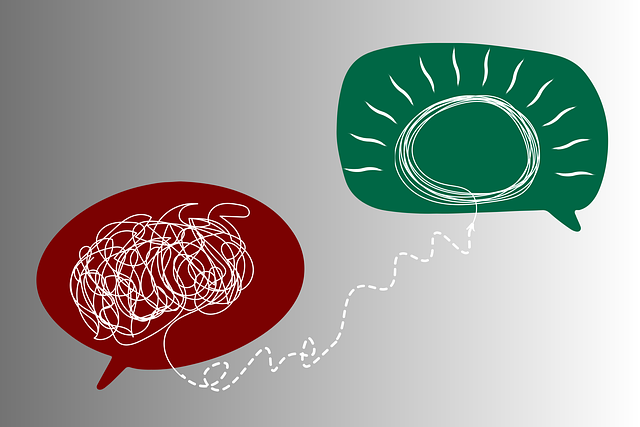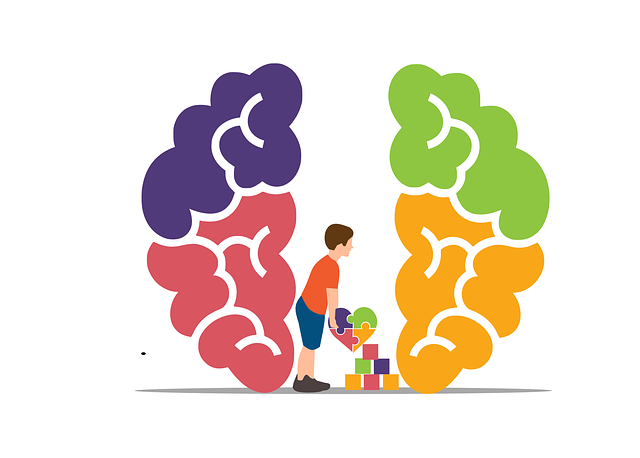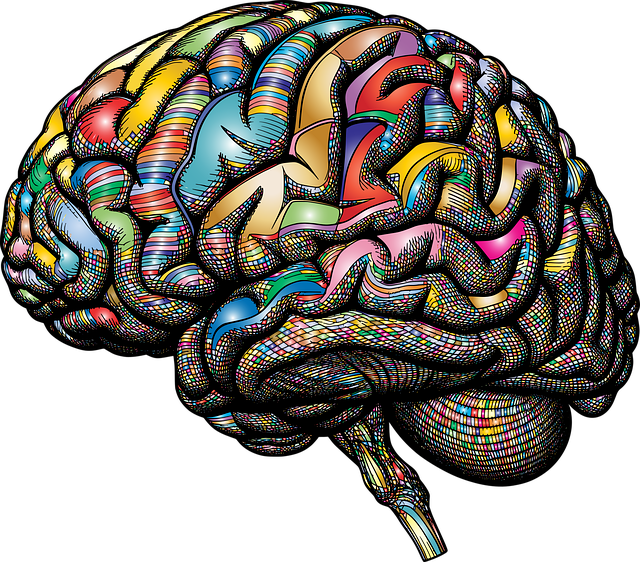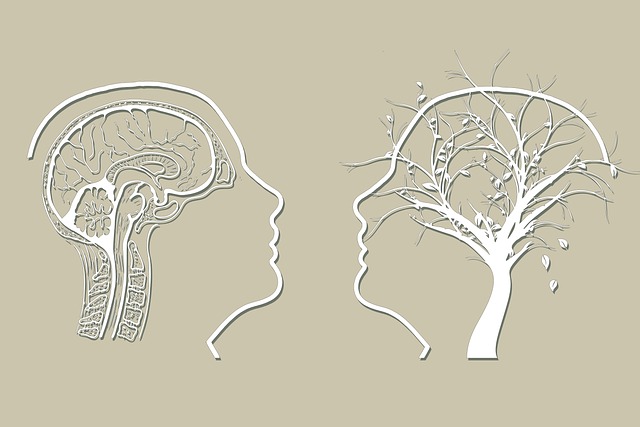Cultural sensitivity in therapy for children within the context of Christian counseling is crucial for effective treatment. Therapists must understand and adapt to diverse cultural backgrounds, beliefs, values, and communication styles to build trust and encourage client engagement. Integrating faith and cultural values requires meticulous consideration, with strategies including active listening, culturally sensitive language, proactive cultural assessments, cross-cultural competency training, and public awareness campaigns. Tailoring interventions to respect each child's unique perspective fosters a safe space for expression, enhancing therapy outcomes for diverse populations seeking Christian counseling.
Cultural sensitivity is a cornerstone in modern mental healthcare, especially when treating children. This article explores the nuances of providing culturally responsive services, focusing on the unique challenges and considerations within child therapy and Christian counseling settings. We delve into how cultural background significantly impacts therapy, highlighting the importance of integrating faith and cultural values for effective treatment. By examining best practices, professionals can ensure sensitive, inclusive care for all children, including those from diverse religious and ethnic backgrounds, fostering healthier outcomes.
- Understanding Cultural Sensitivity in Mental Healthcare
- The Impact of Cultural Background on Child Therapy
- Integrating Faith and Cultural Values in Christian Counseling
- Best Practices for Culturally Responsive Mental Health Services for Children
Understanding Cultural Sensitivity in Mental Healthcare

Cultural sensitivity in mental healthcare refers to the ability of therapists and counselors to understand, appreciate, and adapt their practices to accommodate the diverse cultural backgrounds and beliefs of their clients. This is particularly crucial when working with children from various ethnic, religious, or socioeconomic groups, including those who may seek therapy for children or opt for Christian counseling. Effective cultural sensitivity involves recognizing that mental health issues can be expressed and experienced differently across cultures, requiring tailored approaches to treatment.
Incorporating cultural sensitivity in therapy sessions enhances the therapeutic alliance, fosters better engagement with clients, and improves treatment outcomes. Therapists who employ effective communication strategies, demonstrate respect for diverse self-care practices, and encourage positive thinking create a safe and supportive environment where clients feel heard, understood, and valued. This, in turn, facilitates deeper exploration of mental health concerns and promotes meaningful healing.
The Impact of Cultural Background on Child Therapy

Understanding a child’s cultural background is indispensable when delivering effective therapy. In the context of Christian counseling, therapists must be sensitive to the diverse beliefs and values that shape a family’s perspective on mental health. Every culture possesses unique rituals, communication styles, and expressions of emotional distress, which can significantly influence a child’s experience during therapy sessions. For instance, what might be considered a normal coping mechanism in one culture could be viewed as inappropriate or even traumatic in another.
By integrating cultural competency into their practice, Christian counselors enable children from diverse backgrounds to build trust and feel understood. This involves learning about different religious beliefs, family structures, and community norms. Public awareness campaigns aimed at educating both professionals and the public about these cultural nuances can foster an environment where every child receives care tailored to their specific needs. Moreover, employing conflict resolution techniques and encouraging inner strength development through culturally sensitive methods ensures that therapy is not only healing but also empowering, promoting holistic growth for each unique individual.
Integrating Faith and Cultural Values in Christian Counseling

In Christian counseling, integrating faith and cultural values is a nuanced approach that requires careful consideration. Counselors practicing in this context must understand that faith and culture are deeply interconnected aspects of a client’s identity, particularly for individuals seeking therapy for children within Christian communities. By acknowledging and respecting these beliefs, counselors can build empathy and foster a safe, supportive environment. Empathy building strategies such as active listening and open-ended questions enable professionals to understand the unique perspective of their clients, enhancing the therapeutic process.
The public awareness campaigns development and effective communication strategies play a pivotal role in this integration. Counselors should be adept at translating complex psychological concepts into language that resonates with diverse cultural backgrounds, ensuring clear and culturally sensitive delivery. This approach not only strengthens the bond between counselor and client but also increases the effectiveness of therapy for children within these specific communities.
Best Practices for Culturally Responsive Mental Health Services for Children

Providing culturally responsive mental health services for children is a cornerstone of effective therapy. This involves deeply understanding and respecting each child’s cultural background, traditions, and values. In the context of Christian counseling, therapists must create a safe and inclusive environment where families feel comfortable expressing their beliefs and practices. Tailoring interventions to be sensitive to these aspects can significantly enhance the therapeutic process. For instance, incorporating culturally relevant activities or narratives into sessions can build trust and engagement, fostering a deeper connection between the counselor and the child.
Best practices include proactive cultural assessments to gauge family dynamics and values, ensuring therapists are educated on cross-cultural competencies. Self-esteem improvement becomes more effective when approached within the framework of a child’s cultural identity. Public awareness campaigns development can also play a vital role in dispelling stereotypes and promoting understanding. Additionally, therapists should encourage open dialogue about inner strength development, helping children navigate challenges with resilience rooted in their cultural heritage.
Cultural sensitivity is paramount in mental healthcare, especially when working with children from diverse backgrounds. By understanding and respecting cultural differences, therapists can create a safe and inclusive environment that enhances therapeutic outcomes. Integrating faith and cultural values, as seen in Christian counseling, offers unique benefits while requiring careful consideration of individual beliefs. Best practices for culturally responsive services emphasize empathy, adaptability, and continuous learning to address the specific needs of children from various ethnic, religious, and socioeconomic groups, ensuring effective therapy for all.














